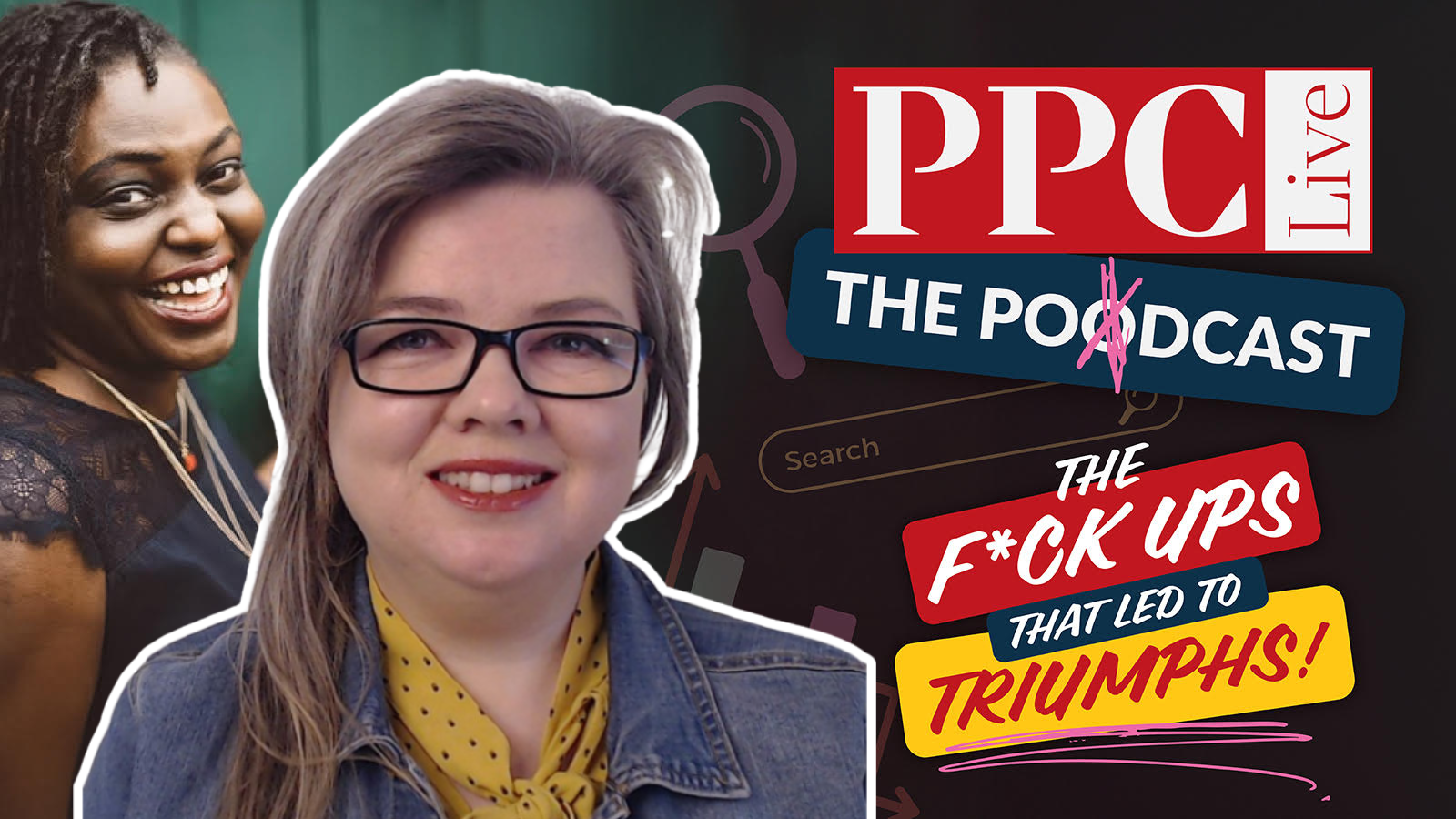Microsoft Advertising launches chat API to monetize AI chat
The ads for chat API will allow partners to serve ads on chat platforms from Microsoft as well as other companies.
Microsoft Advertising today announced a new API – ads for chat API – which will allow publishers, online services and apps to deliver ads through chat.
The new Chat API will allow sites and apps to customize their chat experience, choose ad formats that work best for them and incorporate relevant ads for their audiences, according to Microsoft.
Ads for chat API. The new chat API allows publishers to build their own chat experiences on sites and apps serving ads either from Microsoft or other companies:
“We’ve designed a solution that gives publishers, apps, and online services the flexibility to customise their experience with ads and create more economic value through their chat investments. Nobody knows their audience better than they do, so our API allows publishers, apps, and online services to choose the ad formats that they believe are optimal for their audience in a way that feels natural to their native experience. Our ads for chat API can serve ads on chat platforms from Microsoft or other companies.
– Kya Sainsbury-Carter, A new solution to monetise AI-powered chat experiences
Monetizing chat experiences. The new API gives publishers who build chat into their site or app an opportunity to monetize using the learnings from Microsoft Advertising on how to serve relevant ads in the chat.
“Our goal is really to focus with [publishers] on the monetization piece and to be the expert there, and for them to bring to the table what’s going to be best for their audiences and create the best overall experiences,” said Kya Sainsbury-Carter, corporate vice president, Microsoft Advertising.
Why we care. The integration of AI-powered chat experiences is a new way for advertisers to reach and engage with audiences in a way that’s organic, personalized and contextually relevant. Microsoft is reaching out to publishers and other partners with the API in order to build this next wave of chat experiences together.
By leveraging these advanced chat systems, advertisers can create meaningful connections with users, enhance brand perception and ultimately drive better ROI. Furthermore, the flexibility offered by APIs allows for customized ad formats, enabling advertisers to optimize their campaigns based on their target audience and native experience, ensuring that advertising efforts remain effective and non-intrusive.
What remains unclear. Despite publishing a blog post and holding a press briefing about the API, we have many outstanding questions that Microsoft has not answered. We have asked Microsoft for more details or screenshots of what this will look like. We’re also uncertain whether this is only open to Start Program partners or what exactly they mean by “partners.”
Verticals for new Bing. In February, Microsoft launched the new Bing, which added chat to search. Microsoft Bing now has 100 million daily active users and has powered over half a billion chats so far.
Microsoft is slowly serving ads in these chats, vertical by vertical, so they aren’t disruptive.
They’re currently introducing hotel ads. Next, they’ll focus on verticals like travel and real estate.
“Integrating [ads] into chat and into the conversation flow when you’re specifically asking about these things is pretty powerful,” Sainsbury-Carter said. “We’re also very focused on just getting the basics right. As you can imagine with new technology, we’re paying close attention to overall optimization in the ads experience and really finetuning the marketplace to ensure we’re showing the right, relevant ads relative to this much deeper context that we are able to gain through the conversational mode.”
Additional reporting by Chris Wood
Contributing authors are invited to create content for Search Engine Land and are chosen for their expertise and contribution to the search community. Our contributors work under the oversight of the editorial staff and contributions are checked for quality and relevance to our readers. Search Engine Land is owned by Semrush. Contributor was not asked to make any direct or indirect mentions of Semrush. The opinions they express are their own.


